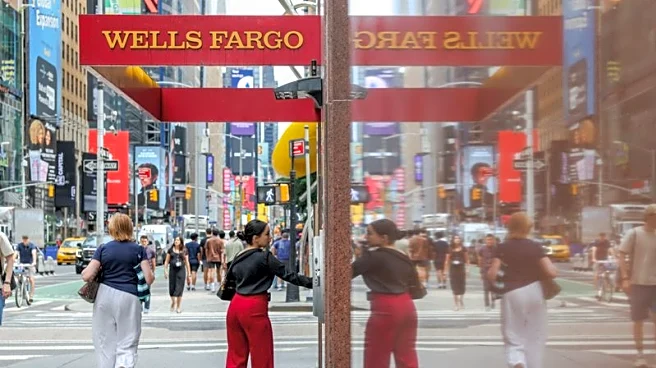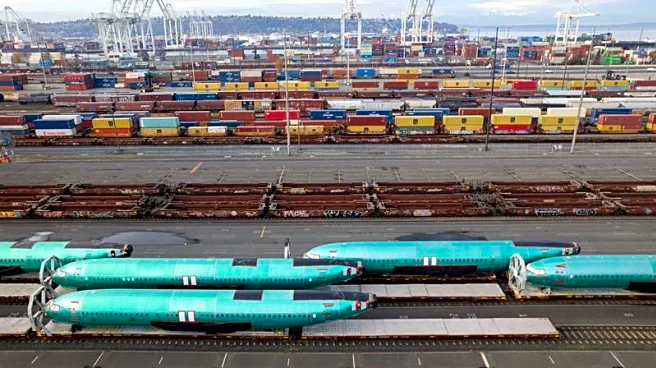Rapid Read • 8 min read
In Washington state's 2025 primary election, early results indicate a significant challenge to moderate incumbents by progressive newcomers in key Seattle races. The election, which includes local positions such as mayors, city councils, and state legislative seats, has seen low voter turnout, with less than 20% of registered voters participating. Progressive candidates are leading in several races, including Seattle's mayor, city attorney, and council president positions. Mayor Bruce Harrell, City Attorney Ann Davison, and Council President Sara Nelson are facing strong opposition from progressive challengers Katie Wilson, Erika Evans, and Dionne Foster, respectively. The election results suggest a potential shift in Seattle's political landscape, with progressives gaining ground against centrist policies.
AD
The primary election results in Seattle could signal a broader shift in voter sentiment towards progressive policies, impacting local governance and potentially influencing state-level politics. If progressive candidates succeed in the general election, Seattle may see changes in policies related to homelessness, criminal justice, and police staffing. The election also highlights the influence of President Trump's federal policies, which progressives hope will sway local voters. Additionally, the potential increase in property taxes due to approved levies could affect homeowners in Seattle and King County, funding programs like the Democracy Voucher initiative and park maintenance.
The final election results will be certified by the Secretary of State on August 22, with more ballot counts expected in the coming days. The general election in November will determine whether the progressive challengers can maintain their lead and unseat the moderate incumbents. The outcome could lead to significant policy changes in Seattle, affecting areas such as housing, transportation, and public safety. Stakeholders, including political leaders and community organizations, will likely engage in discussions and campaigns to influence the final election results.
The election results may reflect broader national trends of increasing polarization between progressive and moderate factions within the Democratic Party. The success of progressive candidates in Seattle could inspire similar movements in other cities, potentially reshaping local and state politics. The focus on property tax levies also underscores the ongoing debate over funding public services and the impact on taxpayers.
AD
More Stories You Might Enjoy












